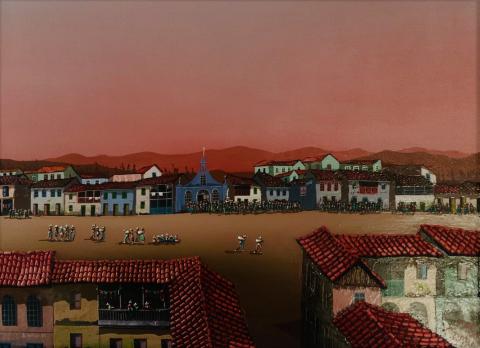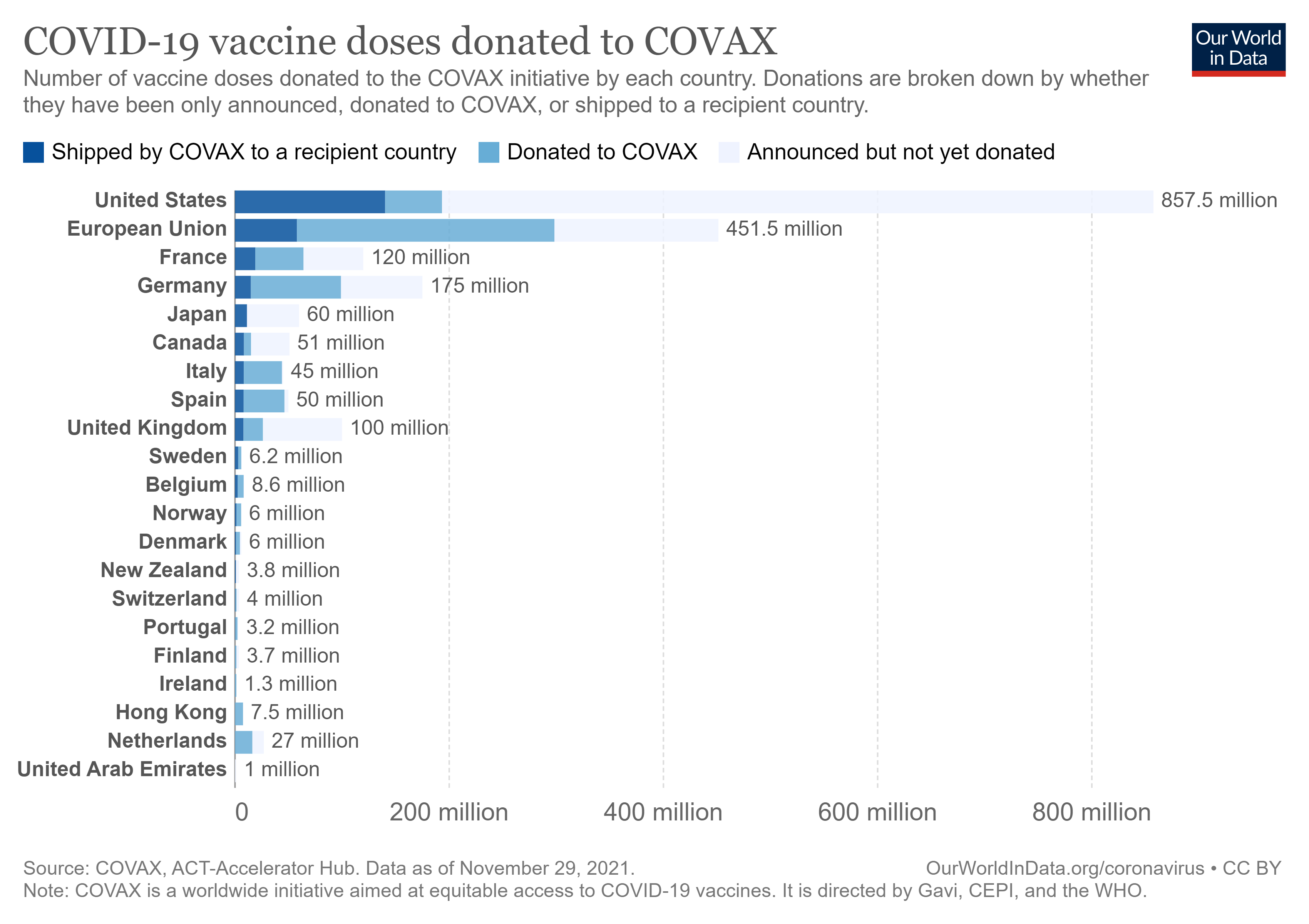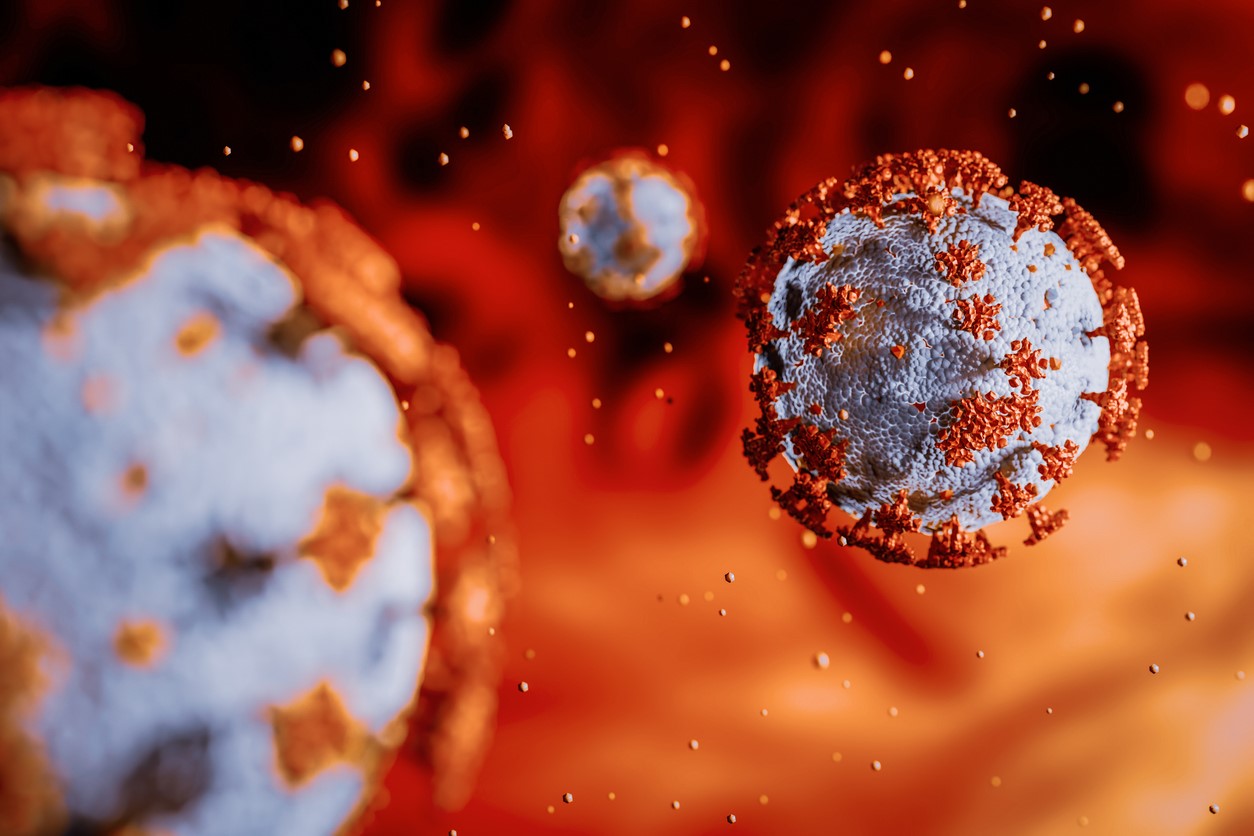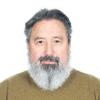Closing 2021: A Personal Perspective

As we approach the end, putting it mildly, of a “unusual” second year of the COVID-19 pandemic, taking time to pause and look back is warranted.
At the collective level, the tribulations experienced in 2021 have clearly demonstrated once again that in a globalized world, we, as social animals, simply do not have the luxury, even if we wanted to, of retreating into our own individual cocoons, unimpacted by the outside world. Yes, national borders can be closed by presidential decrees, but as shown in recent months by the dramatic global spread of Omicron, viruses and their mutations will continue to put all of us at risk unless global measures are adopted to deal with a global crisis.
Although some of us have had the privilege of working in the comfort of our own homes and of being fully vaccinated with two doses per the mRNA vaccine protocol or even received a booster shot, there are large segments of the world’s population who lack these privileges. While the rhetoric about global inequality has reached a crescendo these days, and as pre-existing social and economic inequities have driven and aggravated the impact of the COVID-19 pandemic, on a day-to-day basis the rich countries continue to fall short of their promises at this year’s G-7 and G-20 gatherings where they committed to donate their “excess” vaccines to those countries lacking access to vaccines and resources to boost their vaccination capacity. The reality is clearly evidenced in the OurWorldinData graph below—no further explanation is needed. And on top of this, a “negotiated consensus” at the World Trade Organization (WTO) to waive COVID-19 vaccine patents is fast fading away into oblivion along with the political willingness to support the development of production capacity and eliminate export controls on raw materials and equipment.

The current global vaccine and vaccination inequalities mean that while vaccines and new therapeutics are widely available to rich countries (where a large segment of the population simply opts in the name of individual freedoms not to get vaccinated), millions of people living in lower income countries might die unnecessarily because they lack that choice, since vaccines and treatments are not available, leaving behind poverty and bereavement among families and communities – even though the solution is out there.
On issues like inequality, a course correction is urgently needed in 2022. Indeed, as Jose “Pepe” Mujica, the former president of Uruguay, observed at an Oxford University presentation, “We must think as a species and fight to save the Earth, without forgetting to cultivate progress with intelligence.” Otherwise, as he put it, “If economic development doesn’t also bring us happiness, then it’s a false development.”
At the individual level, there were rays of light and much hope in 2021. The arrival of my first grandson brought my family much happiness and a tangible sense of intragenerational continuity. I say this because while our timeline as individuals is limited by the interplay of biological and social forces and by random events outside our control, our legacy stays on in our children and grandchildren. And that realization should serve as a compass for our daily actions.
During the uncertain and sometimes gloomy days of this pandemic year, when one felt trapped by uncontrolled forces, my three children along with my daughter-in-law brought to my wife and me inner peace, pride, and much happiness. They were there to shine a light into the future, reminding us that life goes on in spite of turbulence and pessimistic bombardments, recounting their professional accomplishments, each in their own right, rooted in a strong work ethic. We are also grateful that our mothers and siblings living in different countries and cities have had the gift of good physical and mental health over the year.
I would be remiss to omit mentioning how grateful I feel to have had this year the rewarding experience of collaborating once again post-retirement at the World Bank Group to help advance the implementation of the COVID-19 global emergency response program, the development of the institution’s workplace mental health and wellbeing strategy, and the drug and vaccine safety post-marketing agenda, alongside a wonderful group of colleagues who are committed to the progressive realization of universal health coverage as a critical element of human capital development, and more importantly, as a basic human right. Serving as a Senior Associate at the Johns Hopkins University Bloomberg School of Public Health has given me the wonderful opportunity to contribute, albeit modestly, to the development of the next cadre of public health practitioners that are poised to take the torch from “oldies” like me. Also, my passion for focusing on the social and political determinants of health found a new vehicle through which to contribute when I was invited to serve as a Pledge Champion for the Tobacco Free Portfolios Foundation, to promote global tobacco free investments by pension funds, corporate and individual investors, and university endowments, to fight tobacco use, a leading preventable cause of death, ill health, and disability worldwide. And at the end of year, I was honored to be elected to serve as a Governing Member at the Charles Darwin Foundation for the Conservation of the Galapagos Islands in my native Ecuador—yes, let’s not forget Public Health is Planetary Health, as our lives are intertwined with the land we live on. Muchas Gracias, indeed, for all these opportunities to serve!
To close 2021, an encore of Violeta Parra’s “Gracias a la Vida que me ha dado tanto” (“Thanks to life, which has given me so much”), made immortal by Mercedes Sosa’s rendition, is in order.
Moving forward into 2022, let’s be guided by the words of the late #Desmond Tutu, the South African Archbishop whose voice helped slay apartheid, remembering that “(our) humanity is bound in yours, for we can only be human together.” The spirit of empathy and solidarity is a much-needed bridge to allow us to work together to overcome the COVID-19 pandemic, a global crisis that requires global solutions.
Source of First Image:
Painting "Amancer en los Andes" by Bolivar Garcia, 1993, a painter from Cuenca, Ecuador.
Source of Second Image:
Download from iStock as part of paid subscription

